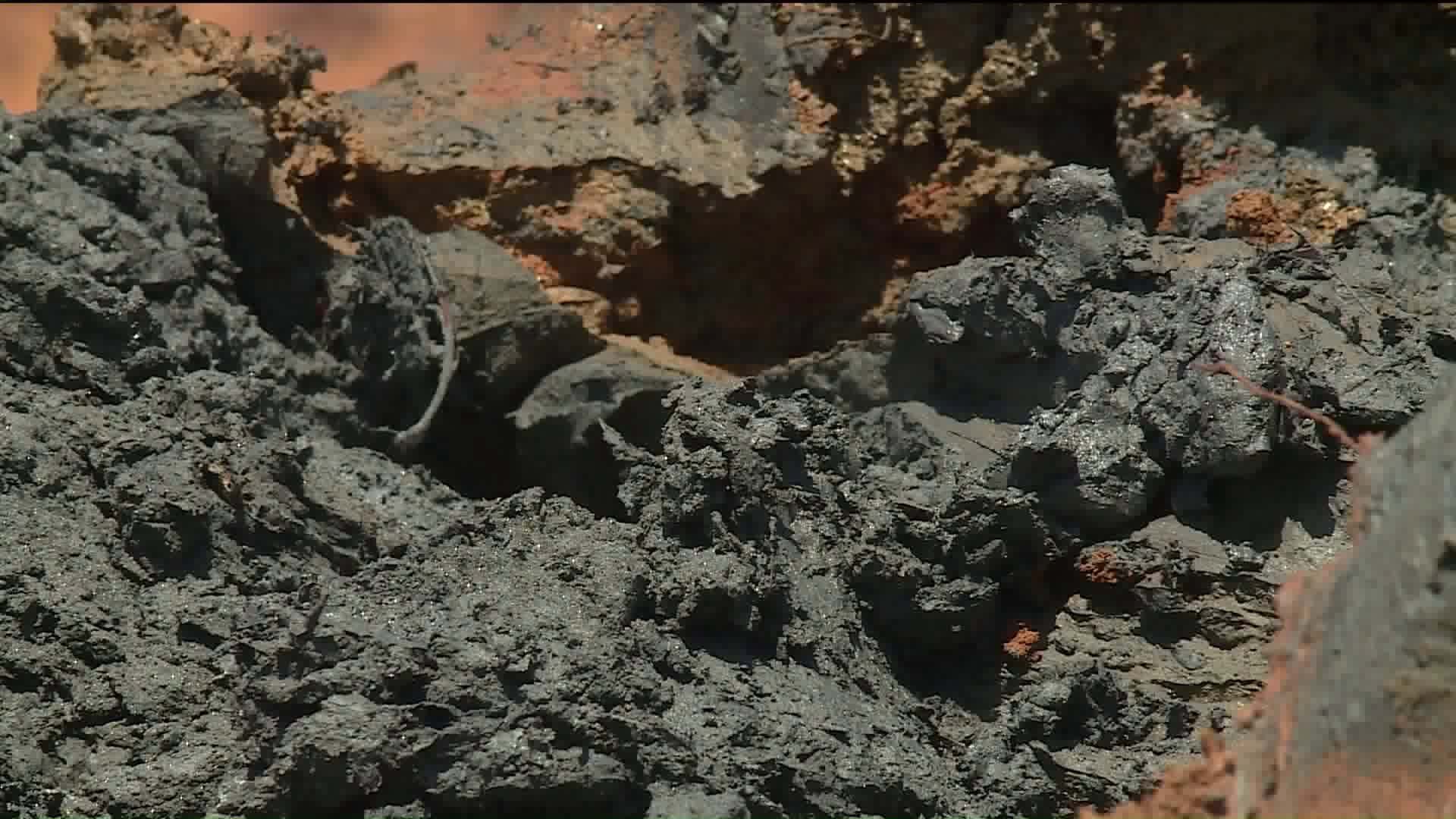
Cobalt is a hot commodity and getting hotter. The mineral is in high demand and the largest known deposit of cobalt in our country is located in Fredericktown, Missouri.
The old Madison Mines have been dormant since the late 70s when they stopped mining lead. But now a resurrection is taking place as cobalt takes center stage.
“The cobalt market is going crazy right now,” says Stacy Hastie, co-chairman of Missouri Cobalt.
There is now more worldwide demand than supply and Missouri Cobalt appears to be sitting on the motherload at the right time. They are investing over $150 million just to get this project off the ground.
“It’s the most in the United States, if not North America, and we will be confirming that in the next six months,” Hastie said.
Technology is fueling the growing demand for the once-obscure cobalt. Lithium-ion batteries run on cobalt, which powers cellphones, laptops, and electric cars. At present, 50 percent of the world’s cobalt is being used for electric vehicle batteries.
“I think this is super exciting when you talk about Missouri cobalt’s future because we’re planning on being here in the sweet spot for demand,” said Michael Hollomon, CEO of Missouri Cobalt.
Environmental operations on behalf of Missouri Cobalt are conducting the remediation of the area and eliminating any possible environmental problems.
Hastie said the project will bring between 275 and 300 new, full-time jobs with it.
“Two years from now we’ll have a processing plant, full mining operations, jobs created for the construction process,” he said.
At present, the Congo produces 60 percent of the world’s cobalt and it’s processed in China. It’s considered “conflict Cobalt” because children are used as labor. Missouri cobalt wants to give companies another choice and said they’re ready.
“We would love to get a call from Elon Musk with Tesla or Tim Cook with Apple because we have cobalt ready to be processed in the tailings right away, even before they start mining.”
Two years ago, cobalt was selling for $23,000 per ton. It now sells for $95,000 per ton.
“It’s an unbelievable opportunity for Missouri and I’m proud to be a part of it!” Hastie said.
